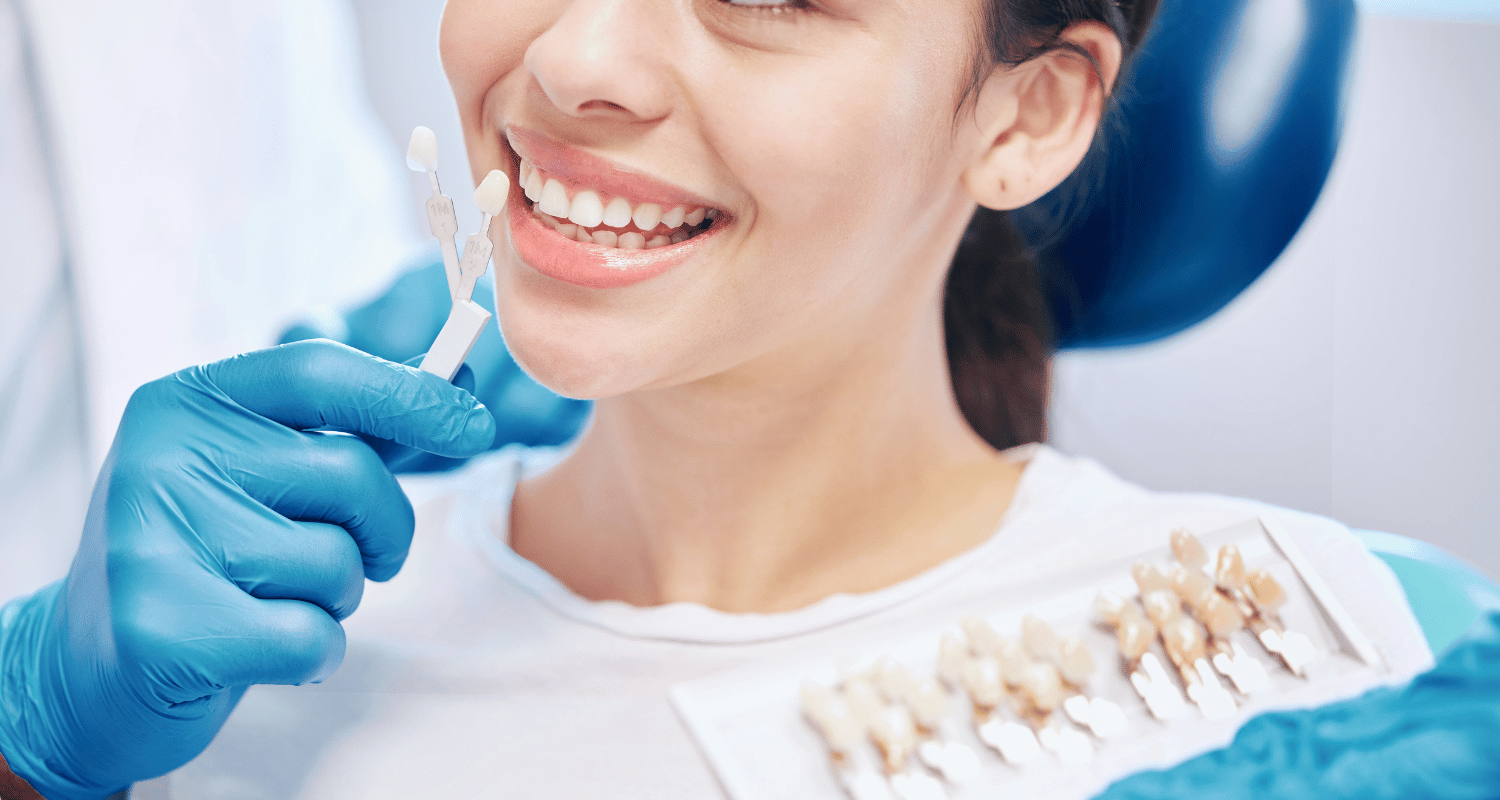Why Foreigners Should Get a Dental Check-up in Korea
If you’re staying in or visiting Korea, getting a dental check-up at a local clinic can be smart for these reasons:
- Many clinics in Seoul are foreigner-friendly: for example, Upenn Barun Dental in Songpa offers English‐speaking staff and services tailored for international patients.
- Korean dental clinics often use advanced digital diagnostics and equipment, which means your check-up can be very thorough.
- It’s an opportunity to detect issues early (cavities, gum disease, alignment) and get treatment in a high-quality setting, often with transparent pricing.
- If you’re a medical or dental tourist, combining a check-up with other dental work could be efficient.
What to Expect During a Dental Check-up in Korea
When you go for a dental check-up as a foreigner in Seoul, here’s what typically happens:
- Reception & registration: You’ll provide your details, perhaps passport, contact info, insurance or payment method.
- Initial examination: Visual check of teeth, gums, bite. The clinic will assess your oral health and identify any areas of concern.
- Diagnostic imaging: Many clinics will take X-rays or digital scans to get a full view of your dental structure.
- Cleaning & scaling: If needed, your check-up may include or recommend professional cleaning (scaling) to remove tartar and plaque.
- Treatment plan & cost estimate: Especially as a foreigner, the clinic should explain (in English or your language) what was found, what options you have, and what the cost will be. Many clinics cater to international patients.
- Follow-up or maintenance: They may schedule your next check-up or cleaning, and advise on daily oral care practices.
Key Questions to Ask Before Booking Your Check-up
✅ Does the clinic have English-speaking staff or international patient coordinators? Many do.
✅ Is the cost estimate provided upfront? For example, in price comparisons for Seoul clinics you’ll find cleaning, veneers, and implants listed.
✅ What is included in the check-up fee? (Exams, cleaning, X-rays?)
✅ Will you be charged for additional treatments discovered during the check-up (fillings, root canals, etc.) and how are those priced?
✅ What is the standard of hygiene and sterilisation? Korea’s clinics emphasise high standards.
✅ Do they accept foreign insurance or provide a tax invoice/refund for foreign patients?
✅ How long should you allow for the appointment, and what evenings/weekends hours are available?
Cost & Timing: What to Budget and How Long It Takes
- A basic check-up + cleaning in Seoul might run a few hundred USD (or equivalent in KRW); specific cost depends on the clinic and what’s included. For example, general dental work is significantly cheaper than in the U.S.
- Time-wise, the initial check-up visit usually takes 30-60 minutes. If cleaning or X-rays are included it may take longer.
- If further treatment is required (fillings, crowns) you’ll need extra visits or stay.
- For foreign visitors: allow for extra time to discuss translation, treatment plan, and payment details.
- Tip: Book earlier in your visit if you’re combining dental check-up with other travel plans so you can handle any found issues without rush.
After the Check-up: Care & Next Steps
- Review your treatment plan carefully. If fillings, veneers or other work are recommended, ask for detailed explanation and costs.
- Follow daily oral hygiene: brushing twice a day, flossing, using mouthwash if advised.
- Avoid delaying treatment if any issues are found—prevention saves more money and time down the line.
- For foreigners: Keep all receipts, invoices and treatment records. They’re useful if you return home and want to keep continuity with your dentist there.
- Schedule your next check-up: many dentists recommend every 6 months for cleaning and review, unless special issues exist.
- If you’re returning home soon, ask for a summary report in English you can show your dentist back home.
Final Thoughts
Getting a dental check-up in Seoul as a foreigner can be both convenient and beneficial. With high-quality clinics, multilingual staff and modern equipment, you can confidently assess and maintain your oral health. By asking the right questions, budgeting appropriately, and planning ahead, you’ll get the best value and care from your visit.


